By Laura Mayo
This article first ran in the Houston Chronicle on Jan. 21, 2021.
Every year of my childhood I attended vacation Bible school. VBS began with an opening assembly. We sang songs, we prayed, and, with hands on our hearts, we said a pledge to the American flag, the Christian flag and the Bible. On Jan. 6 the Christian flag was carried by terrorists into the Capitol. I don’t know that everyone recognized it as it was wrapped in on itself and might have looked like a white flag, but it was not a white flag of surrender. Had it been waived, everyone would have seen the blue corner with a red cross.
There were also signs saying “Jesus Saves.” A large wooden cross was erected, and Christian slogans were on shirts and in shouts. I keep thinking of that old hymn “Onward Christian Soldiers.” “Onward Christian Soldiers. Marching as to war, with the cross of Jesus going on before. Christ, the royal Master, Leads against the foe; Forward into battle, See, His banners go!” I do not believe that what we saw on Jan. 6 was what the hymn writer, a British man writing in the 1800s, meant to encourage. Claiming Christianity while enacting violence on our democracy is Christian nationalism.
The Baptist Joint Committee on Religious Liberty notes: “Christian nationalism seeks to merge Christian and American identities, distorting both the Christian faith and America’s constitutional democracy. Christian nationalism demands Christianity be privileged by the State and implies that to be a good American, one must be Christian. It often overlaps with and provides cover for white supremacy and racial subjugation.”
Christian nationalists tend to use the language of “religious freedom” in describing their efforts to promote Christianity and give it special protections. This is not religious freedom. Religious freedom means protecting religious liberty for all, not just the privileged few. Religious freedom is guarded when there is no government sponsorship, no discrimination and no preference.
Many of the terrorists who attacked the Capitol, who searched for Vice President Mike Pence and House Speaker Nancy Pelosi — looking for them in order to do them harm — who beat officers with flag poles and one officer to death with a fire extinguisher, many of these terrorists claimed to be acting in the name of God. Radical Christian terrorists used Christianity as a kind of pretext and tried to lend credibility and social acceptability to their terrorism.
At the church I serve, we do not have an American flag in our sanctuary. We do not have a Christian flag. At every summer gathering of camp community, our own version of vacation Bible school, we say no pledges. This does not mean we have no loyalties; this does not mean there is nothing we are following or giving our allegiance to. It does not mean that we are not patriotic. It means that patriotism to our country is not housed in the house of worship to the God of love who shows no favoritism to one country over another.
Jesus calls us to follow him, to make our allegiance to the kingdom of God, a kingdom of love and peace and justice that includes all people of every nation and land.
I wonder if you have ever heard the pledge to the Christian flag. I memorized it in the hot sun of South Carolina: “I pledge allegiance to the Christian flag and to the savior for whose kingdom it stands; one brotherhood uniting all Christians in service and in love.” It’s not a bad pledge. It’s not a bad flag. It is how the pledge, the flag, the symbols of Christianity have been abused. That’s the problem.
Jesus was political. Absolutely. He preached and lived and taught an alternative kingdom to oppressive Rome. And the empire killed him for it. He did go to the capital. He rode in on a donkey. He carried no weapons. The people gathered at his protest march waved palm branches and shouted, “Hosanna.” They were not a violent mob. Jesus taught nonviolence: “Turn the other cheek,” he said. If you are conscripted by a soldier of the empire to carry his pack for one mile, don’t just carry it one mile, carry it two, he said. “Blessed are the peacemakers,” he said.
We need to repent for our silence and for being swept along. Nearly a decade after the Montgomery bus boycott, Dr. Martin Luther King Jr. offered the Oberlin College commencement address. He said, “It may well be that we will have to repent in this generation, not merely for the vitriolic works and violent actions of the bad people . . . but for the appalling silence and indifference of the good people who sit around and say, “Wait on time.” Somewhere we must come to see that human progress never rolls in on wheels of inevitability. It comes through the tireless efforts and the persistent work of dedicated individuals. Without this hard work, time becomes an ally of the primitive forces of social stagnation. So we must help time and realize that the time is always right to do right.”
We must help time. No more waiting. We cannot keep silent. We cannot pretend everything is fine. There is too much at stake. We must repent, and we must change. I have much to repent. Silence kept when I cared more about hurting someone’s feelings than about pointing out evil, inequality, racism and Christian nationalism. Inaction won when it all felt too hard and overwhelming. Now, I want to align myself with Jesus. I want to follow his nonviolent teachings. I want to work for justice and peace. This is where my allegiance lies.
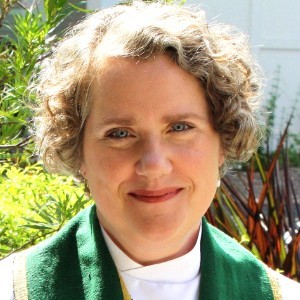
Laura Mayo is Senior Minister at congregational partner Covenant Church in Houston, Tex. She serves as a CAIRN journey group guide and serves on the Alliance’s 2022 Annual Gathering Planning Team.

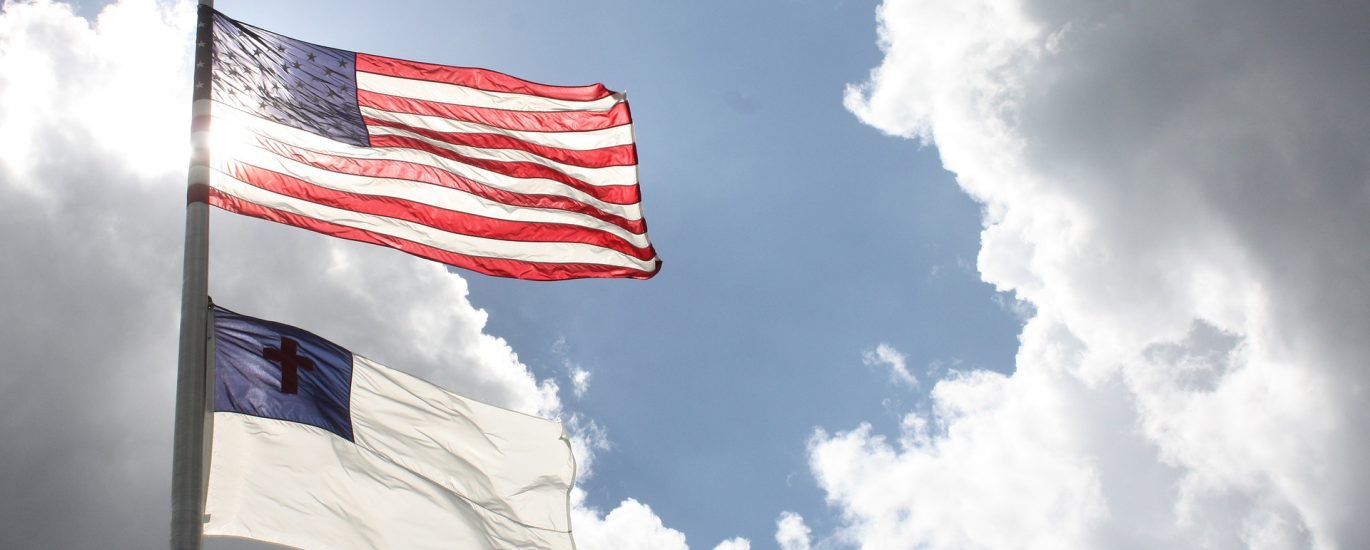
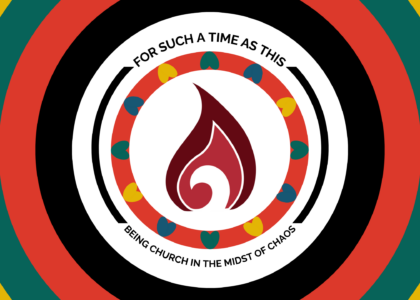
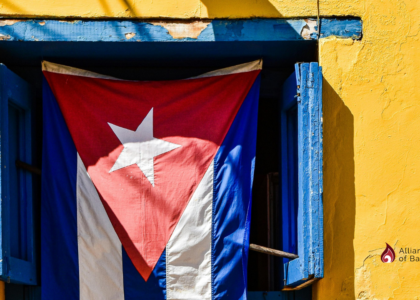
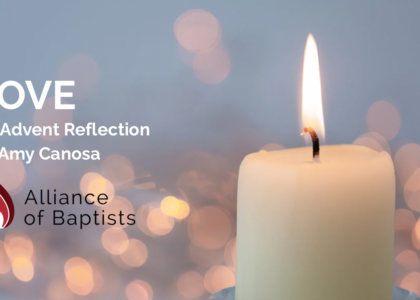
Recent Comments